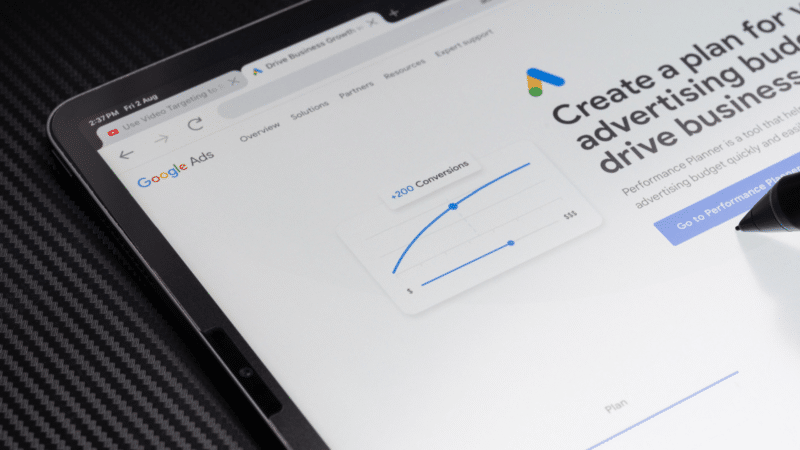
The Rising Costs of Branded Keywords in Online Advertising: Navigating a New Landscape
The online advertising world is undergoing a seismic shift that merits the attention of businesses and marketers alike. As branded keywords—previously viewed as a cost-effective strategy—experience a rapid increase in cost, understanding the underlying causes and implications becomes crucial. Are businesses prepared to face this transformation?
In recent years, the cost-per-click (CPC) associated with branded keywords has soared, particularly in sectors like legal services. Data indicates a drastic rise from approximately $1 per click in 2018 to an astonishing tenfold increase today. Simultaneously, conversion rates have plummeted by around 40%, leaving businesses grappling with diminishing returns for their advertising expenditures. The juxtaposition of escalating costs and decreasing value presents a formidable challenge for companies striving to maintain their competitive edge.
The skyrocketing costs can be largely attributed to Google’s strategic maneuvers aimed at optimizing revenue. By positioning brands as auctionable keywords, Google has intensified competition in the bidding process for branded terms. While businesses previously had autonomy over their bidding strategies, recent initiatives, such as Performance Max campaigns and AI-driven solutions, require businesses to relinquish some control. Furthermore, emerging advertising formats, like local service ads, claim prime placements in search results, thereby pushing organic listings lower and escalating bidding competition.
This evolving landscape has blurred the lines between branded and non-branded keywords. Traditionally, brands were closely associated with their unique identities; however, this perception is shifting as Google increasingly connects brand searches with general service keywords, such as “personal injury lawyer.” Consequently, this alignment raises costs across the board, complicating an already challenging market.
Recent updates from Google have compounded these cost increases through new brand settings and search themes, leading to a significant spike in branded CPC rates. To mitigate these expenses, businesses are advised to adopt negative keyword strategies. By curating comprehensive lists of negative competitor keywords, companies can effectively manage costs. Implementing broad match branding avoidance tactics, utilizing brand exclusion tools while maintaining vigilance in negative keyword management, and exercising caution with AI-led bidding systems like Performance Max can further bolster their strategies against rising expenses.
In conclusion, addressing the escalated costs associated with branded keywords necessitates a coordinated and strategic approach among businesses. Maintaining keyword integrity and an agile management strategy is fundamental in navigating this evolving landscape.
Additionally, as marketing professionals explore tactics to optimize their strategies, integrating URL shorteners and link management tools can enhance digital marketing campaigns. These tools can streamline ad tracking, reduce clutter in reporting, and improve click-through rates by making links more appealing and manageable. Utilizing services like BitIgniter or LinksGPT can further augment efforts to control costs during this turbulent time.
To remain agile and informed, professionals in marketing and software development must stay abreast of these changes. The future landscape of digital marketing is rapidly evolving, and adaptation is key.
#BitIgniter #LinksGPT #UrlExpander #UrlShortener #DigitalMarketing #PPC #SEO #AdStrategies
Want to know more: Learn more

